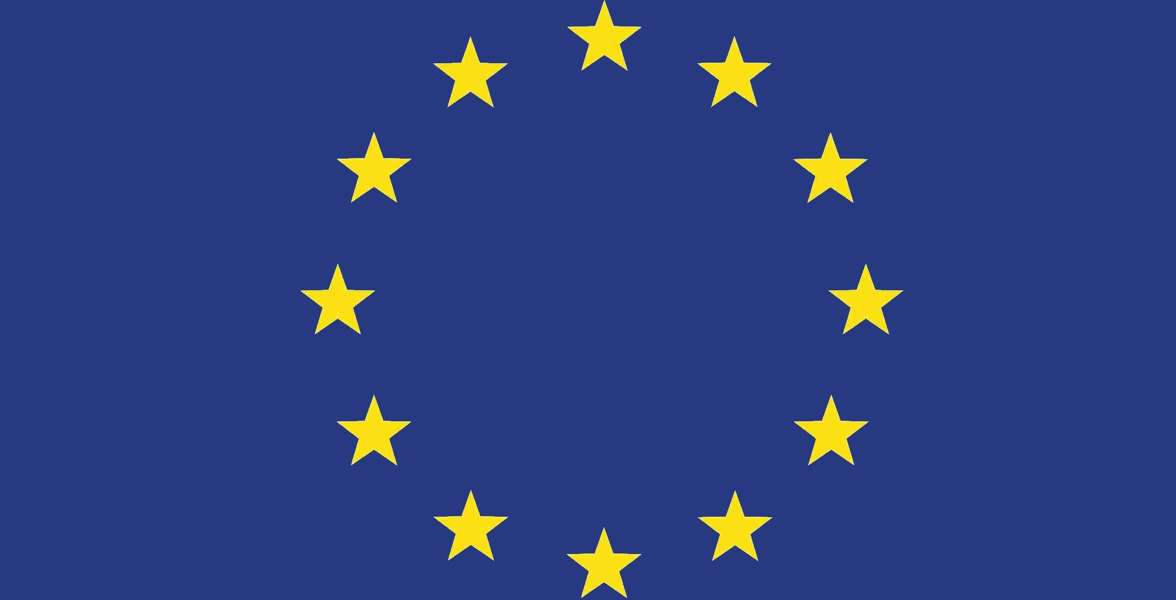The UK Minister for Intellectual Property, Sam Gyimah MP, has confirmed on April 26, 2018, that the UK has ratified the Unified Patent Court Agreement (UPCA). Now, the constitutional complaint which is currently pending in Germany is essentially the only obstacle remaining.
A press release by the British government reads:
"Ratification brings the international court one step closer to reality. The Agreement on the Unified Patent Court (UPC) is an international treaty. The international court will have jurisdiction over patent disputes across its contracting states. It will deliver a single judgement in cross-border disputes between private parties over patents granted under the current intergovernmental system. This system is administered by the European Patent Office, who are responsible for granting future Unitary Patents."
Questions to be answered
For a long time, the ratification by the UK was uncertain due to unfortunate circumstances surrounding the Brexit and the subsequent Brexit negotiations. And although the UK government never indicated it would not ratify the Unified Patent Court Agreement (UPCA), many experts had - and still have - doubts as to what the status of the UK would be within the Agreement after the Brexit.
Many questions still need to be answered. In particular, it is still unclear whether the UK can stay in the UPCA post-Brexit and, if so, whether it will acknowledge rulings from the Court of Justice of the European Union (CJEU).
Also, a seat of a regional division of the Unified Patent Court (UPC) is still planned in London, which - at least post-Brexit - seems a bit odd as this UK-based court will rule on EU rights in the EU member states and will be bound by decisions of the CJEU.
Constitutional complaint in Germany
A panel of the Federal Constitutional Court in Germany intends to hear four constitutional appeals regarding a potential infringement on the Basic Law in Germany “on the grounds of insufficient legal protection at the European Patent Office against decisions by the Boards of Appeal”. The appeals were filed in June 2017. In October 2017, the Court asked several third parties to submit their observations. However, it has been silent since. If the start of the UPC is delayed until after the hearings, this could potentially put the ratification of the UPC by Germany on hold as the German government may shift it priorities to resolving any conflict between the Basic Law in Germany and the European Patent Convention (EPC).
What's next?
The UK is the 16th country to ratify the UPCA. 13 countries, including the UK, France and Germany, are required for the entry into force of the UPCA. Consequently, as the number of countries has already been met, only the German ratification remains.
The Agreement will enter into force on the first day of the fourth month after Germany deposits its instrument of ratification. 13 countries, again including the UK, France and Germany, also have to consent to be bound by the Provisional Application Protocol (PAP), which allows for certain parts of the Agreement to be implemented early, such as the recruitment of judges.
In an optimistic scenario, the constitutional complaint in Germany is found inadmissable later this year (2018) and the Unitary Patent Court Agreement could enter into force in early 2019. However, if the constitutional complaint in Germany has any merit, then it is unlikely that Germany will still ratify in 2018. And even if the constitutional complaint in Germany is found to be inadmissable, the timeline of the entry into force would be rather close to the Brexit and Germany may strategically withhold from ratifying until the apparent issues around the post-Brexit participation of the UK in the UPCA have been properly addressed.
Hence, despite the UK ratification, it still seems too soon to determine a reliable timeline for the Unitary Patent.
Please check our website to keep up to date with the latest developments regarding the Unitary patent. Please also check our file on this subject. If you have any questions, please do not hesitate to contact one of our advisors.
